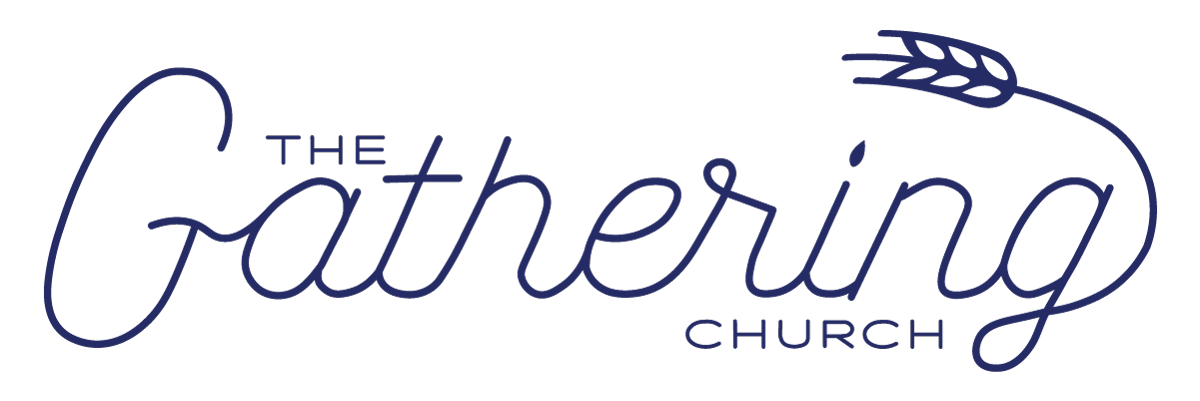The following reflection (or as he refers to it, "refraction") comes from Makoto Fujimura's book Refractions: A Journey of Faith, Art & Culture. Fujimura writes with the unique perspective of a world renowned Japanese-American artist living mere blocks away from the World Trade Centers. After the reflection, as a church, we prayed together a prayer that sought to cover the range of emotions and reactions to this emotionally tumultuous event: repentance, lament, intercession, and finally, hope.
It began to toll long ago. The terrorists cleverly turned technology against its makers, injecting poison into the heart of modern idols, a poison of an ancient flavor, familiar to Adam and Eve. For in the garden, the Devil also twisted what was given by God to be used for good by injecting terror into our hearts. It is a terror to doubt God’s love and goodness. Terror eats away our innocence. But having swallowed the poison ourselves, we must remember that the flip side of fear is our own desire to enslave and to be in charge of our destiny.
He then mentions F. Scott Fitzgerald’s lament My Lost City (from 1931), in which Fitzgerald had discovered the crowning error of his city: its refusal to recognize its own limits.
The crowning error of the city, pride, is in all of us. For the artist, cities represent both the height of our success and the depth of our failures. Both success and failure expose the error within, showing us that even the greatest city has limits. But the earthly city is not limited because of her boundaries. No, the earthly city is limited because her foundation is selfish ambition, the desire to control. We are all terrorists in that sense, attempting to twist God-given gifts to serve our greed and leaving Eden poisoned.
Yet it would be a mistake to judge the city, to call it literally Babylon, to call what happened the judgment of God. Jesus told his disciples to repent when they saw the tower of Siloam collapse, rather than explain it away as God’s judgment upon those who died. In our own lives, no matter where we live, we have Ground Zeroes. Whether it be illnesses, loss of loved ones, or public calamities, our personal Ground Zero exposes our vulnerabilities, our fallenness, and sometimes even our own failures. Babylon and Jerusalem, the exilic and the destroyed, overlap in our cities and in our own hearts.
-Makoto Fujimura from “Fallen Towers and the Art of Tea”
Lord God, Creator of all things. We repent for the idols we make, for our disobedience, and for the ways we doubt your love and goodness. Help us to remember that we are creatures, that we are weak, that we are sinful.
Father, we put our trust in you. We mourn for the hurts caused by Evil in your world. Pick up our pieces, mend our brokenness, heal our wounds. Rebuild us in faith, hope, and love.
We thank You for your Son who suffered, died, and was raised to new life. We thank You for your Spirit who turns hearts of stone into hearts that are alive. We thank you for the New Creation that You are working in our midst.
We pray for this nation, especially for those who lost family and friends. We ask that you would reconcile all divisions through the Lordship of Jesus Christ, and we ask that you would guide our leaders to govern this nation with justice and righteousness.
Amen.


